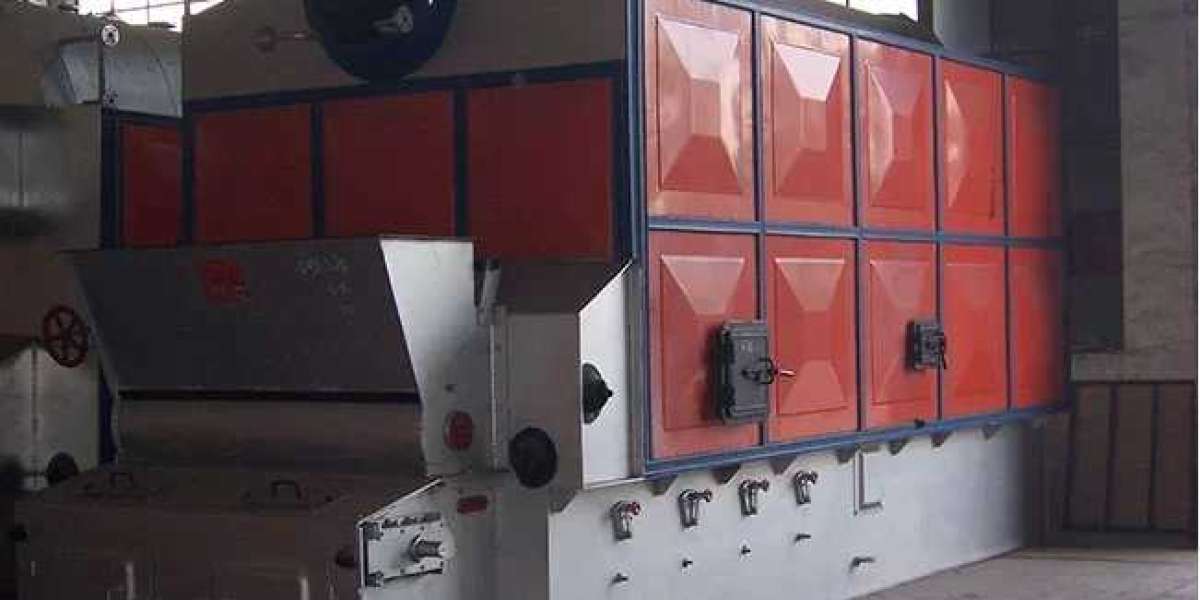Biomass boilers have gained significant attention in recent years as a sustainable and renewable energy solution. As the world continues to search for cleaner alternatives to fossil fuels, biomass boilers have emerged as a promising technology. In this article, we will take a closer look at how biomass boilers work and why they matter in the context of environmental sustainability.
What are Biomass Boilers?
Biomass boilers are heating systems that use organic materials, such as wood pellets, chips, or logs, to generate heat. They are a form of renewable energy technology that can replace traditional fossil fuel boilers in residential, commercial, and industrial settings. Biomass boilers can be classified into different types, including stoker boilers, fluidized bed boilers, and grate boilers, each with its own unique characteristics and applications.

How Biomass Boilers Work
Fuel Storage and Delivery
Biomass boilers require a constant supply of biomass fuel. The fuel is typically stored in a designated area and delivered to the boiler through an automated system. This ensures a continuous and efficient operation.
Combustion Process
Once the biomass fuel is delivered to the boiler, it undergoes a combustion process. The fuel is burned in a combustion chamber, where it releases heat energy. This heat is then transferred to a heat exchanger.
Heat Exchanger and Water Circulation
The heat exchanger in a biomass boiler is responsible for transferring the heat energy from the combustion process to the water. The water circulates through the heat exchanger, absorbing the heat and raising its temperature.
Steam Generation or Hot Water Production
Depending on the specific application, biomass boilers can generate steam or produce hot water. In steam generation, the high-temperature water is converted into steam, which can be used for various industrial processes or electricity generation. In hot water production, the heated water is used for space heating or domestic hot water supply.

Advantages of Biomass Boilers
Renewable and Sustainable
One of the key advantages of biomass boilers is their use of renewable and sustainable fuel sources. Unlike fossil fuels, biomass can be continuously replenished, making it a more environmentally friendly option.
Reduced Carbon Emissions
Biomass boilers produce significantly lower carbon emissions compared to fossil fuel boilers. This is because biomass is derived from organic matter that has recently absorbed carbon dioxide from the atmosphere. As a result, the net carbon emissions from biomass combustion are close to zero.
Energy Independence
By utilizing biomass as a fuel source, biomass boilers provide an opportunity for energy independence. Countries or regions with abundant biomass resources can reduce their reliance on imported fossil fuels, enhancing their energy security.
Waste Management
Biomass boilers can also contribute to effective waste management. Agricultural residues, forest residues, and other organic waste materials can be utilized as biomass fuel, reducing the need for landfill disposal.

Challenges and Considerations
Fuel Availability and Logistics
The availability and logistics of biomass fuel can pose challenges for biomass boiler installations. Ensuring a consistent and reliable supply of biomass fuel requires proper planning and coordination.
Efficiency and Maintenance
Biomass boilers require regular maintenance to ensure optimal efficiency. This includes cleaning the heat exchanger, ash removal, and periodic inspections. Proper maintenance is crucial for maximizing the lifespan and performance of the boiler.
Conclusion
Biomass boilers play a vital role in the transition towards a more sustainable and renewable energy future. By utilizing organic matter as a fuel source, biomass boilers offer numerous advantages, including reduced carbon emissions, energy independence, and effective waste management. While challenges exist, the benefits of biomass boilers make them a valuable technology in the fight against climate change and the pursuit of environmental sustainability.
Email:wxtaihuguolu@hotmail.com
Related News:Biomass Boiler: A Sustainable Solution for Clean Energy Generation








